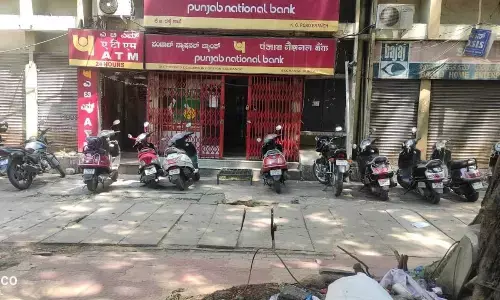Meta Removes Over Two Million Scam Accounts Tied to Pig Butchering

Meta Takes Action: Meta removes over two million scam accounts linked to "pig butchering" schemes, targeting victims through fake relationships and fraudulent investments.
Meta has launched a massive crackdown on "pig butchering" scams, removing over two million accounts involved in these sophisticated fraud operations. These scams prey on victims by building fake relationships online to lure them into investing in phony schemes, often tied to cryptocurrency.
What Is Pig Butchering?
The term "pig butchering" refers to the scammers' method of "fattening up" their victims with trust before stealing their money. It often starts with a friendly approach via social media, dating apps, or random texts. Posing as genuine individuals, scammers build a relationship with the victim and then convince them to invest in seemingly lucrative opportunities. Initially, they might allow small withdrawals to reinforce trust. However, once the victim invests larger amounts, the scammers vanish, taking all the funds.
Who Are the Perpetrators?
Organized crime groups, primarily based in countries like Cambodia, Laos, and Myanmar, are behind these scams. Many workers in these operations are lured through fake job ads, promising lucrative opportunities. Once recruited, they are trapped, often under threats of violence, and forced to defraud others. A 2023 report estimated that nearly 300,000 individuals worldwide have been coerced into these scams, which collectively generate around $64 billion annually.
How the Scam Unfolds:
- Scammers initiate contact via fake profiles on social or dating apps.
- They develop trust through prolonged, convincing conversations.
- They suggest investing in cryptocurrency or "guaranteed" schemes via professional-looking fake apps or websites.
- Victims may be allowed to withdraw small amounts initially to build confidence.
- Once larger sums are invested, scammers disappear, leaving victims empty-handed.
Meta's Response
Meta has been dealing this issue for over two years, collaborating with NGOs and law enforcement agencies to investigate these criminal hubs, particularly in Southeast Asia. Initially targeting scam operations in Cambodia, Meta has expanded its focus to other regions, such as the UAE. By removing millions of fake accounts and sharing intelligence, Meta aims to shield users from these predatory schemes.
Tips to Protect Yourself
- Be wary of unsolicited messages or investment offers.
- If someone you just met online discusses investments, proceed cautiously—it's likely a scam.
- Report suspicious accounts to prevent others from becoming victims.
Spread the word to friends and family to raise awareness and combat these fraudulent operations effectively. Stay alert!

















